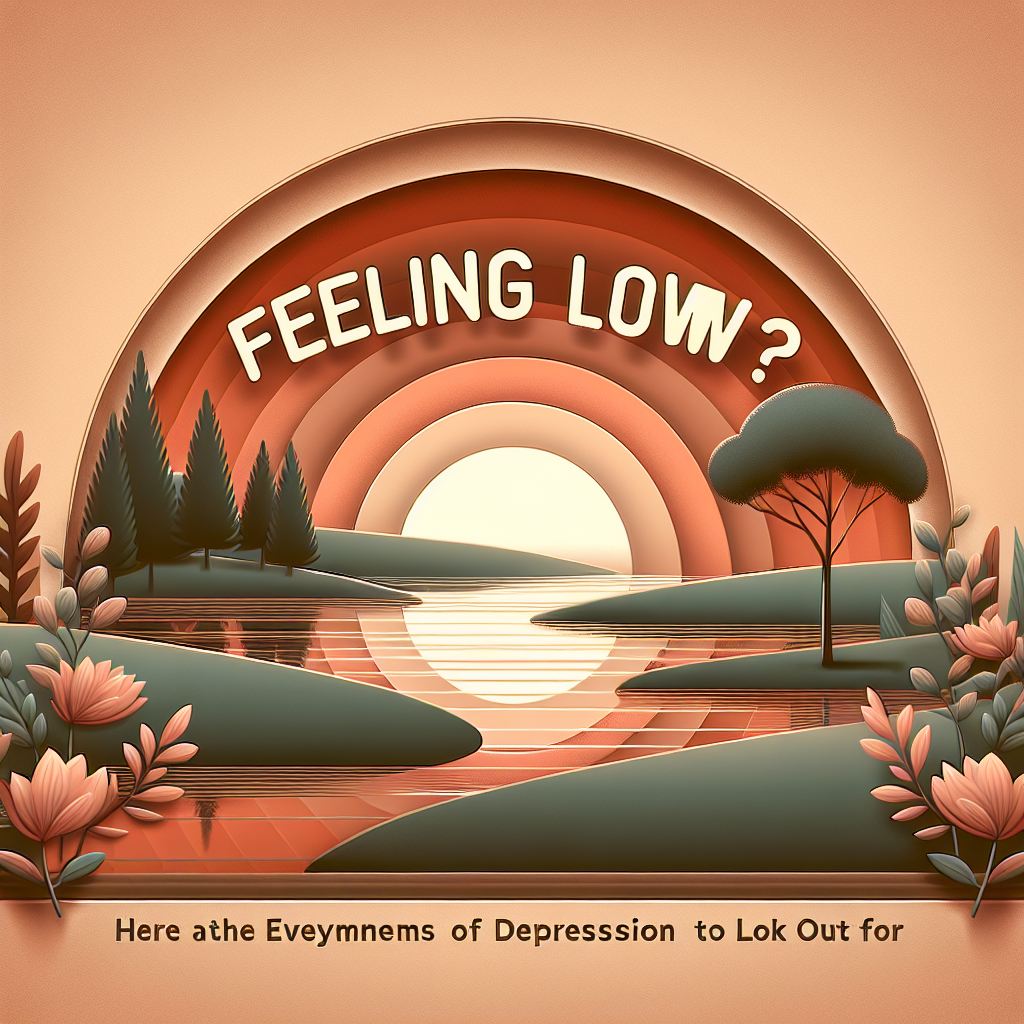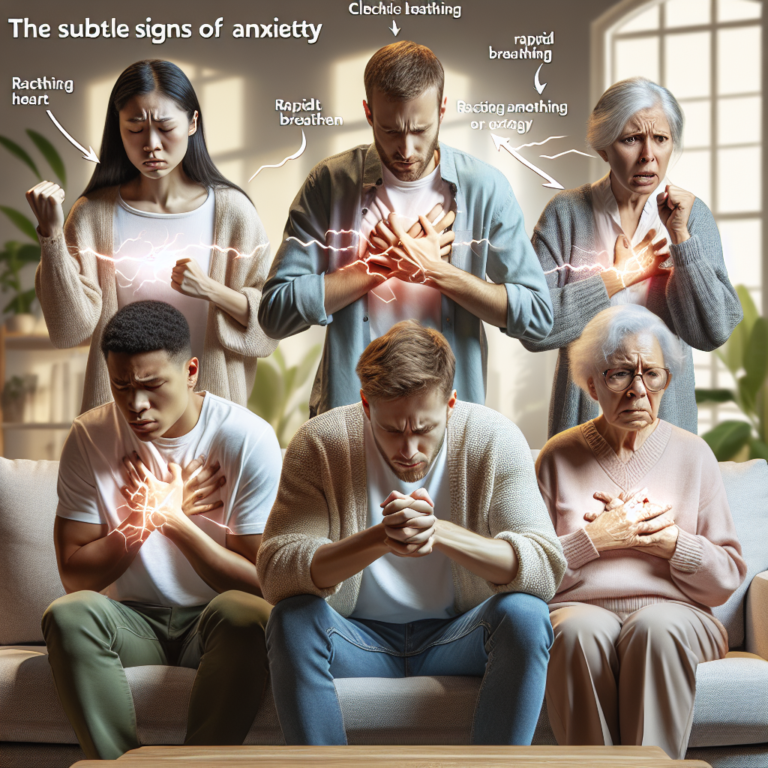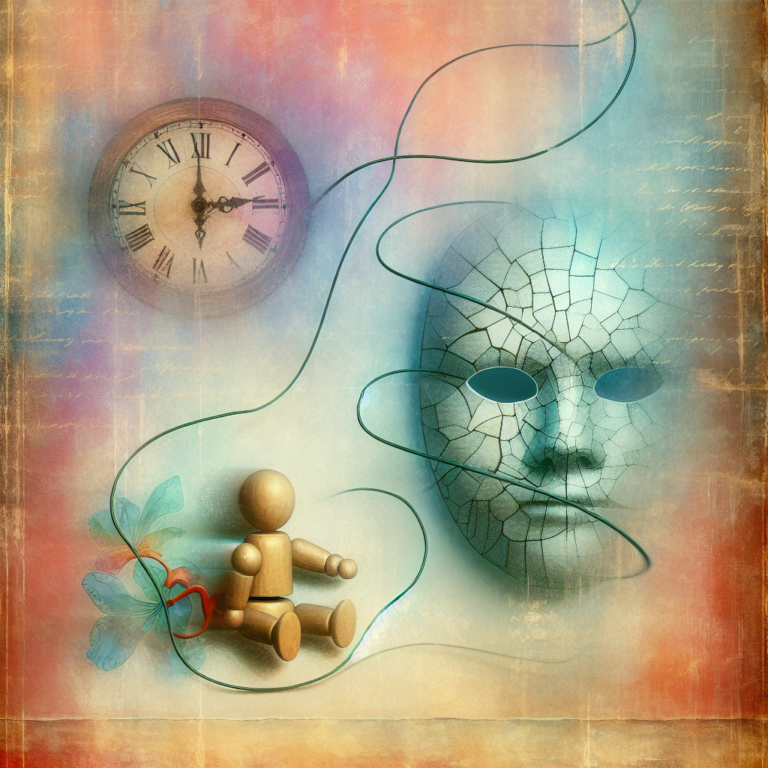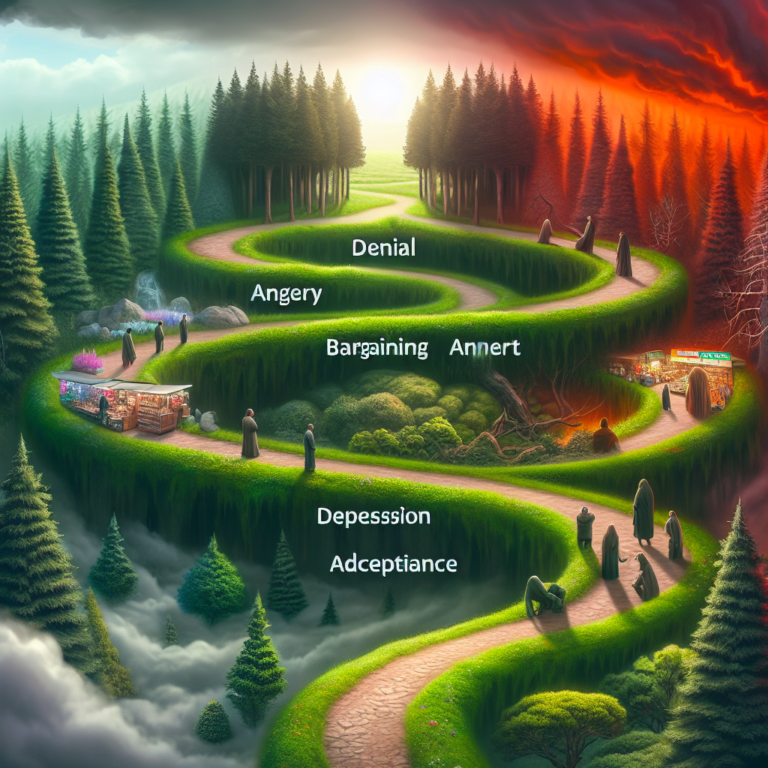
Feeling Low? Here Are the Everyday Symptoms of Depression to Watch Out For
Depression is a silent thief that robs us of joy, motivation, and connection. Imagine waking up each day to a gray fog that envelops your thoughts and emotions. You’re not alone if you’ve ever felt low for days that turn to weeks. It’s crucial to recognize the nuances of depression, as many of us may overlook the everyday symptoms that signal this pervasive condition. Let’s dive deep into the everyday symptoms of depression, empowering you with the knowledge necessary to identify when someone—you or a loved one—might truly need help.
Understanding Depression: A Broader Perspective
Before we delve into the everyday symptoms of depression, it’s important to grasp what depression actually entails. The World Health Organization (WHO) defines it as a common mental disorder that affects more than 264 million people globally. It’s characterized by persistent sadness, loss of interest or pleasure in activities, and a range of emotional and physical problems.
The Invisible Burden
Case Study: Meet Jane, a 34-year-old mother of two. To the outside world, she was an exemplary parent and a committed colleague. However, Jane often felt overwhelmed, experiencing a continuous sense of emptiness that rendered her unable to engage in her favorite hobbies. At first, she attributed her feelings to the demands of motherhood and work. It took time for her to realize that what she was experiencing was depression.
When discussing the everyday symptoms of depression, Jane’s story illustrates how we often overlook the signs, dismissing them as mere fatigue or stress.
Everyday Symptoms of Depression
1. Persistent Sadness
One of the most telling symptoms of depression is a persistent feeling of sadness or low mood most of the day. If you find yourself feeling low with no clear reason, this could be a significant warning sign.
Symptoms:
- Crying spells
- Irritability or anger
- Feelings of hopelessness
Case Study Analysis: Jane noticed an overwhelming sense of sadness that lingered for weeks. Her friends observed her detachment, mistakenly attributing it to busy life changes. Recognizing this as a hallmark of depression might have prompted her to seek help sooner.
2. Lack of Interest
A marked reduction in interest or pleasure in activities you once enjoyed is another common symptom. This is referred to as anhedonia.
Symptoms:
- Avoidance of social activities
- Disinterest in hobbies or events
- No longer finding joy in previously loved activities
Case Study Analysis: Jane stopped attending book club meetings, which she once looked forward to. Her friends thought she was merely busy. Yet, this lack of interest was pivotal in her struggle with depression.
3. Changes in Sleep Patterns
Many people with depression experience alterations in their sleep patterns. Some may struggle with insomnia, while others may find themselves sleeping excessively.
Symptoms:
- Difficulty falling asleep or staying asleep
- Sleeping too much
- Waking up still feeling exhausted
Chart: Sleep Patterns in Depression
| Type of Sleep Pattern | Percentage (%) |
|---|---|
| Insomnia | 65% |
| Oversleeping | 25% |
| Normal Sleep | 10% |
Case Study Analysis: Jane found herself tossing and turning at night, leading to fatigue during the day. These sleep struggles exacerbated her feelings of low energy, reinforcing a cycle of depression.
4. Changes in Appetite
Depression can lead to significant changes in appetite, resulting in weight loss or gain.
Symptoms:
- Eating very little or overeating
- Cravings for unhealthy foods
- Sudden changes in weight
Case Study Analysis: Jane initially lost weight due to a lack of interest in meals. Later, she began to overeat, seeking comfort in food. Both are common signs of depression and highlight how it can manifest physically.
5. Low Energy and Fatigue
Constant fatigue and low energy levels are frequent issues for those feeling low. Even minor tasks can feel monumental.
Symptoms:
- Exhaustion despite adequate rest
- Difficulty concentrating
- Lack of motivation for daily tasks
Case Study Analysis: Jane often struggled to complete everyday chores. This fatigue wasn’t about physical exertion; instead, it stemmed from her mental state, emphasizing the interconnectedness of mind and body.
6. Feelings of Worthlessness or Guilt
Individuals with depression often harbor unjustified feelings of worthlessness or guilt, questioning their decisions and actions.
Symptoms:
- Persistent self-blame for situations
- A sense of being a burden to others
- Feelings of inadequacy
Case Study Analysis: Jane often felt guilty for not being present with her children and blamed herself for not handling her responsibilities better. Acknowledging these feelings is vital for understanding depression.
7. Cognitive Challenges
Cognitive distortions, like difficulty concentrating and indecisiveness, are often present in those experiencing depression.
Symptoms:
- Problems with memory
- Indecision or second-guessing
- Difficulty completing tasks
Case Study Analysis: Jane’s work performance declined as she struggled to focus. Recognizing this as a symptom could have led her to seek supports—be it therapy or medication—sooner.
8. Physical Symptoms
Depression can also manifest physically, resulting in a range of symptoms that can be easily overlooked.
Symptoms:
- Unexplained aches and pains
- Headaches and stomach issues
- Changes in sexual desire
Chart: Physical Symptoms in Depression
| Physical Symptom | Percentage (%) |
|---|---|
| Headaches | 40% |
| Muscle Pain | 30% |
| Digestive Issues | 25% |
Case Study Analysis: Jane struggled with frequent headaches and back pain, all linked to her emotional state. Recognizing these symptoms as legitimate was crucial for her recovery journey.
Seeking Help: The Importance of Awareness
Talking to a Professional
If you’re feeling low and relate to the everyday symptoms of depression discussed, it’s imperative to reach out to a mental health professional. Therapy and medication can help in managing symptoms effectively.
Support Systems
Creating a supportive environment, whether it’s friends, family, or online communities, is essential. Open conversations about mental health can diminish the stigma and encourage more individuals to seek help.
Self-Help Strategies
In addition to professional help, self-care strategies like regular exercise, mindfulness, and pursuing passions can substantially improve one’s emotional well-being.
Conclusion: Empowering Ourselves and Others
Feeling low is a common experience, but recognizing the everyday symptoms of depression can pave the way for intervention and healing. Whether it’s you experiencing these feelings or someone you care about, awareness is the first step.
By remaining vigilant and understanding the symptoms, you empower yourself to seek help sooner rather than later. Remember, reaching out for help is a sign of strength, not weakness.
Final Thoughts: Your Journey Matters
If you resonate with the symptoms discussed, remember that many have successfully navigated the path to recovery. Understanding and acknowledging what you’re feeling is a powerful step towards healing. Don’t hesitate to seek help; your journey matters, and brighter days are ahead.
FAQs
1. What should I do if I recognize these symptoms in myself?
Start by talking to a healthcare professional. They can provide assessment and guide your next steps.
2. How can I support a loved one who may be depressed?
Listen without judgment, encourage them to seek help, and check in regularly.
3. Are depression symptoms the same for everyone?
While symptoms can vary widely, some core signs, like persistent sadness and lack of interest, are common across many individuals.
4. Can lifestyle changes really help with depression?
Absolutely! Regular exercise, a healthy diet, and quality sleep can improve overall mental health significantly.
5. When should I consider professional help?
If your symptoms are persistent and affecting your day-to-day life, it’s time to reach out for professional guidance.
By educating ourselves about the everyday symptoms of depression, we can cultivate a more compassionate and understanding world. Feeling low? Recognizing these signs could make all the difference for you or someone you care about.















